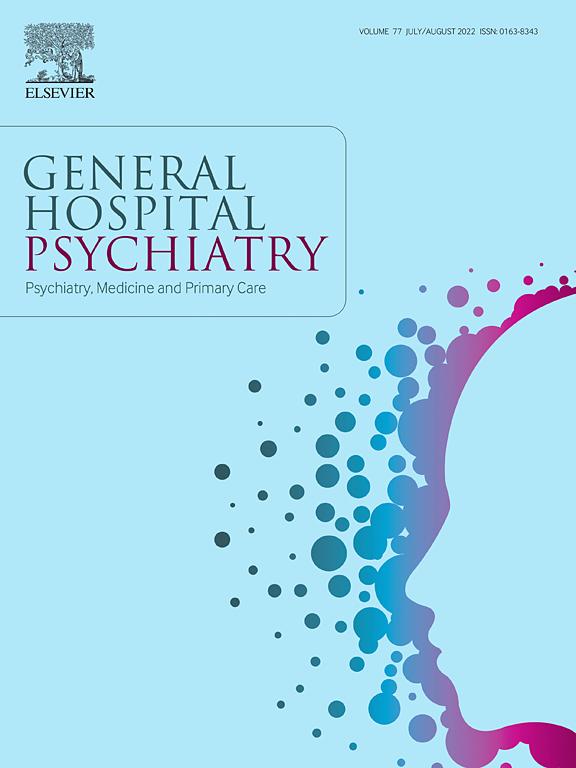Headline
Patients with higher adverse childhood experiences (ACEs) scores or positive post-traumatic stress disorder (PTSD) screenings felt stress when seeking medical care, but indicated trauma-informed treatment approaches would relieve this stress.
Context
Individuals with more ACEs are also at higher risk for mental health disorders, such as PTSD. This study reviewed the prevalence and impact of ACEs and PTSD on health outcomes and also assessed patient preferences for trauma-informed care through a cross-sectional survey of patients attending primary care appointments at federally qualified health centers (FQHCs).
Findings
Of the 303 patients who participated in the survey, 81 percent responded they had one or more ACEs, 38 percent had four or more, and 29 percent of patients screened positive for PTSD. ACEs were associated with a diagnosis of mental illness and substance use disorders. Patients with higher ACE scores or positive PTSD screens felt more stress than patients without trauma when seeking medical care, but indicated trauma-informed behaviors would relieve the stress. These trauma-informed treatment preferences include having the same provider at each visit, providers explaining procedures and asking permission, individual counseling at the FQHC or a mental health clinic, and classes on coping with stress and how traumatic experiences affect health.
Takeaways
These findings support the need for trauma-informed care, especially in settings where patients have higher levels of ACEs or PTSD.


